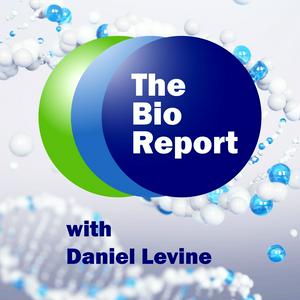Leukemia once threatened Aaron Viny’s life, but now it defines his mission. Diagnosed with acute lymphoblastic leukemia as a college student, he survived chemotherapy, central nervous system relapse, and an allogeneic stem cell transplant from his younger brother—an experience that made him aware of both the power and toxicity of conventional cancer care. Today, as a hematologist-oncologist and laboratory researcher at Columbia University, Viny is helping reimagine how we treat blood cancers by shifting from blunt, cell-killing approaches to precision strategies that rewire malignant cells and their ecosystems. We spoke to Viny, assistant professor of medicine at Columbia University Vagelos College of Physician and Surgeons, about the case for thinking of hematological cancers as regulatory problem rather than focusing on genetic mutations, the potential for looking at epigenetic activators and deactivators of genes to treat them, and how he is harnessing new technology to look at cell-surface proteins to distinguish regenerating marrow from refractory leukemia.


